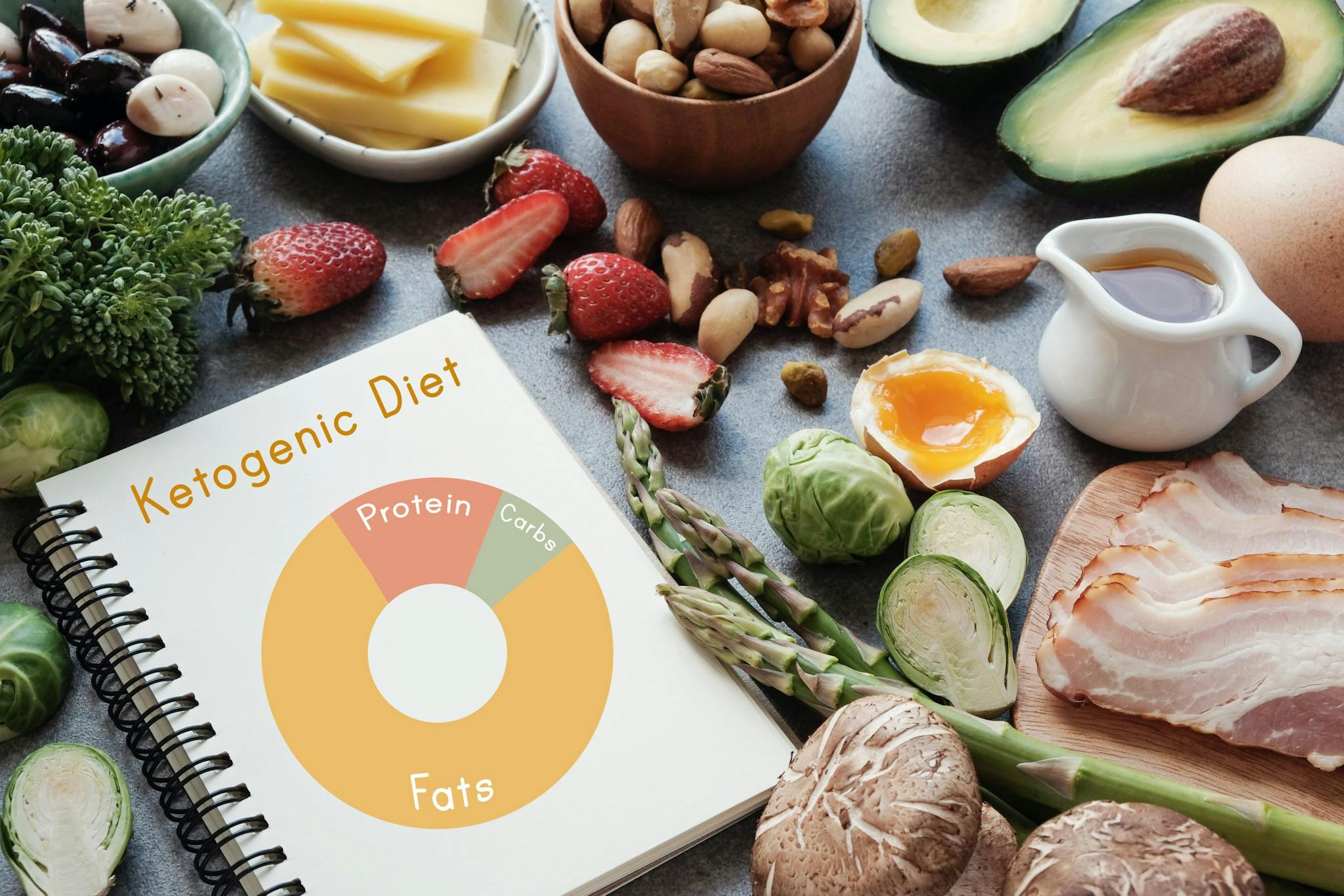Heat and humidity can be unpleasant for anyone, but they can take an even greater toll on soon-to-be moms. Here’s a look at several areas that can cause problems for pregnant women in the summer, and how you can go about proactively preventing and managing these sorts of issues during a summer pregnancy.
Heat Intolerance
During pregnancy, body temperature is naturally a bit higher than normal. This makes increased outside temperatures feel even more overwhelming, and many pregnant women will have heat intolerance. A few tips to ward off heat intolerance include:
- Stay indoors on days with a heat index (how the temperature feels, not what it’s actually listed as) over 90, and keep the air conditioning turned on.
- Use a cool, damp washcloth on the back of your neck, your forehead or the top of your head.
- If you perspire heavily, drink plenty of fluids. Water is good, but also consider orange juice, milk and sports drinks to help replace lost electrolytes.
- Don’t over-hydrate—water intoxication can dilute electrolytes further and lead to cramps and even unconsciousness
Staying Cool
Here are a few general tips for staying cool during the summer:
- Swim: Swimming helps keep you cool and takes pressure off the sciatic nerve.
- Wear breathable fabrics: This will help keep you cooler and prevent sweating and heat rashes.
- Carry a water-filled squirt bottle to mist yourself when you’re becoming warm.
- Exercise during cooler periods of the day.
- Always check with your doctor about your exercise regimen.
- Watch your breathing patterns: Good breathing is important for keeping cool, so try to keep a good breathing pattern. Remain indoors more if you have breathing issues due to allergies or asthma.
- Avoid direct, mid-day sun: Pregnant women are more susceptible to sunburn than non-pregnant women.
- Use high-SPF sunscreen—30 or 45, or higher, if you have fair skin.
- Go indoors at the first sign of weakness, fatigue, dizziness, lightheadedness or extreme thirst. Lie down and drink cool fluids. If you don’t feel better soon after, call your doctor.
Leg Swelling
Another common issue women experience during pregnancy is leg swelling, or physiologic edema. This is a particular risk if the second half of pregnancy takes place during the summer months. Here’s what you can do to combat leg swelling:
- Lie down for 30-60 minutes a day, either during lunch or at the end of a work day.
- Keep the legs elevated while sleeping.
- Wear comfortable shoes, and if possible, wear one pair of shoes a half-size larger than your usual size.
- Walk a few times per week—not during mid-day heat.
- Remove rings if they seem too tight—some pregnant women experience hand swelling as well.
If you do experience leg swelling, you should not:
- Wear constrictive clothing, especially around the waist.
- Stand in any one place for too long.
- Consume a lot of salt
- Take any diuretic substances, as these can endanger the fetus.
Skin Care
A pregnant woman’s skin is more susceptible to sun damage. Here are a few areas to be aware of:
- Dark spots and patches: During pregnancy, melanin in the skin responds to hormonal changes, particularly in brunettes and darker-skinned women. Keep your face and upper chest away from excessive sunlight and tanning lamps, and apply sunscreen multiple times per day if outside. Also wear wide-brimmed hats.
- Dry, itchy skin: Skin can be stretched and become dry during pregnancy, and this only gets worse during the summer. Use moisturizing products after showers or baths, and try soothing the skin by soaking it in a warm bath with oatmeal. Your doctor can also prescribe an anti-itch cream.
- Heat rash: Pat the area between skin folds following a bath or shower, and wear lighter fabrics that won’t cling to the body and provide rubbing sensations on the skin. If the rash worsens, ask your doctor about a medicated lotion or powder.
For more on coping with the heat of summer during pregnancy, speak to your doctor for recommendations.
Obstetricians/gynecologists at Revere Health OB/GYN provide a full range of healthcare services to women throughout all stages of their lives including; puberty, child-bearing years, menopause.
Sources:
“Pregnant This Summer? Beat the Heat.” WebMD. http://www.webmd.com/baby/features/summer-pregnancy#1
“Summer Pregnancy Survival Guide.” Parents.com. http://www.parents.com/pregnancy/my-body/pampering/summer-pregnancy-survival-guide/






